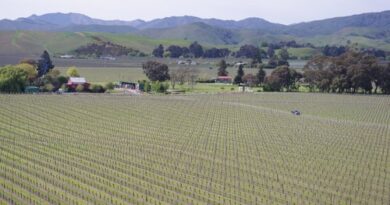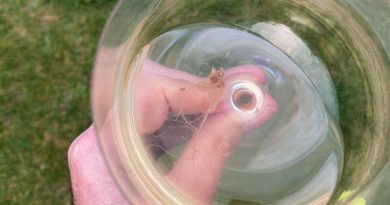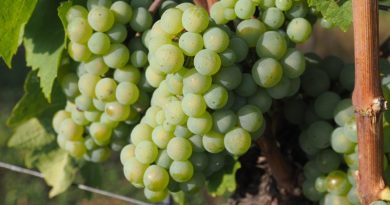The glyphosate dilemma
I’ve just had an article published in Meininger’s Wine Business International that I think is quite important. I don’t make this claim lightly, because there’s enough hype in the world already.
It’s about the weedkiller glyphosate, which is widely used across almost all agriculture, including viticulture. You can read the article here. I’m not going to reproduce it here, but I will offer some additional thoughts.
It has recently become very famous, and there are moves to ban it, largely on the publicity generated by a legal case in the USA where the claim is that it has caused cancer in grounds keepers who have been spraying it regularly. The narrative is of a big agrochemical company suppressing evidence of harm in order to make lots of money from the continued massive worldwide use of their product.
So the simple response is, yes, let’s ban it immediately.
But this narrative is too simple. We need to ask (1) is it damaging to human health? Most of the evidence suggests no, although these sorts of questions are surprisingly hard to answer with any certainty. The reason glyphosate became so popular is because it is cheap, and safe – the mechanism of action targets a pathways that mammals (inlcuding us) simply don’t have.
Then we need to ask (2) what is bad about using it in viticulture? Here, we have a strong case for eliminating it (and all herbicides for that matter). Using herbicides reduces soil life considerably, and we are becoming aware of the consequences of this in viticulture. In addition, as I explain in the article, there’s good reason to think that glyphosate specifically, with its action as a chelator, has unique negative consequences for viticulture.
But then the question we always need to ask when we are contemplating a change: (3) what are the possible unintended consequences of this change? If glyphosate were banned from viticulture tomorrow (along with other herbicides – we gain little if it is merely substituted for another), what would happen? The answer is that farming would get more expensive, and wine prices would have to go up. Consumption would go down. Lots of businesses would fail. We should proceed with caution along this route.
Personally, the only justification I can see for using it is when you have a really interesting terroir that’s impossible to farm any other way. I’d be interested to know people’s thoughts on this – email me (jamie@wineanorak.com) or engage on twitter or instagram.




